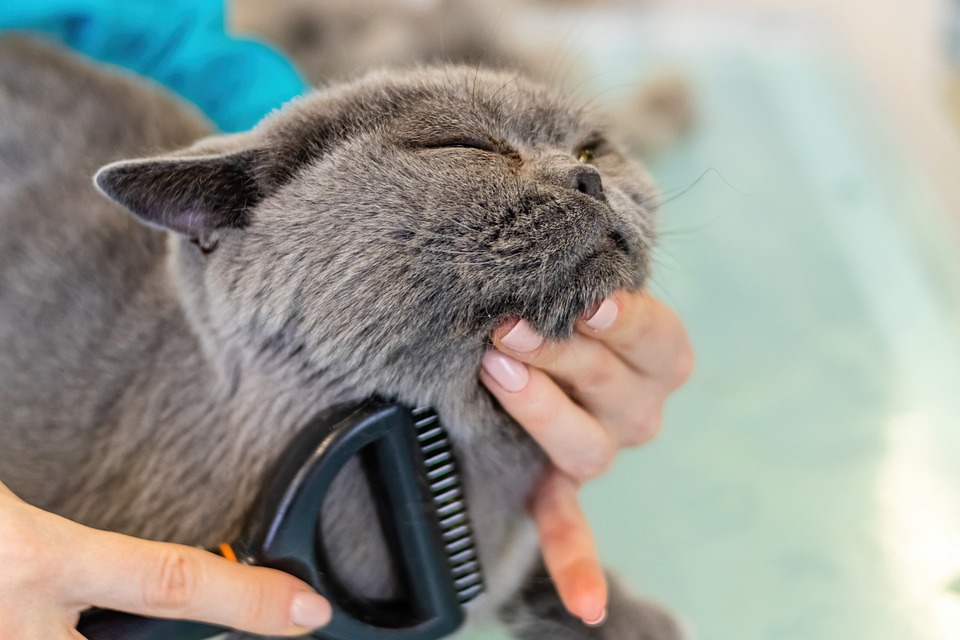
Pet Dental Care: Why It’s Important and How to Keep Your Pet’s Teeth Healthy
When it comes to caring for our pets, their dental health is often overlooked. However, just like humans, pets need proper dental care to prevent oral health issues and maintain overall wellness. In fact, oral health problems can lead to serious health complications for pets if left untreated. Therefore, it’s crucial to prioritize your pet’s dental care and take steps to keep their teeth and gums healthy.
Why is pet dental care important?
Dental care is an essential part of your pet’s overall health and well-being. A healthy mouth allows pets to eat, play and interact with their human companions without discomfort. Additionally, dental problems can lead to serious health issues. For example, dental disease is associated with heart, kidney, and liver disease in pets.
Common dental problems in pets include plaque and tartar buildup, gingivitis, and periodontal disease. A lack of proper dental care can lead to these issues, causing pain, infection, tooth loss, and difficulty eating or drinking for pets. This can significantly impact their quality of life and overall health.
How to keep your pet’s teeth healthy:
1. Regular brushing: Just like humans, pets need to have their teeth brushed regularly. Use a pet-specific toothbrush and toothpaste to gently brush your pet’s teeth several times a week. Start by getting your pet used to the process by gradually introducing the toothbrush and toothpaste, and be sure to reward them for their cooperation.
2. Provide chew toys: Chewing on appropriate toys and treats can help reduce plaque and tartar buildup on your pet’s teeth. Look for dental-specific toys and treats that are designed to promote oral health and help keep your pet’s teeth clean.
3. Regular dental check-ups: Schedule regular dental check-ups with your veterinarian to monitor your pet’s oral health and catch any potential issues early on. Your vet can also provide professional dental cleanings to remove tartar and plaque buildup and prevent dental disease.
4. Diet: A healthy diet plays a crucial role in your pet’s dental health. Choose high-quality pet food and treats that are specifically formulated to promote oral health. Avoid feeding your pet human food that can contribute to dental issues, such as sugary or starchy foods.
5. Be observant: Keep an eye on your pet’s oral health and look for signs of dental problems, such as bad breath, discolored teeth, swollen gums, or difficulty eating. If you notice any concerning symptoms, contact your veterinarian for advice and treatment.
In conclusion, pet dental care is an important aspect of responsible pet ownership. By prioritizing your pet’s dental health and taking proactive steps to keep their teeth and gums healthy, you can help prevent oral health issues and ensure your pet’s overall well-being. With regular brushing, providing chew toys, scheduling dental check-ups, providing a healthy diet, and staying observant of their oral health, you can help your pet maintain a healthy and happy smile for years to come.